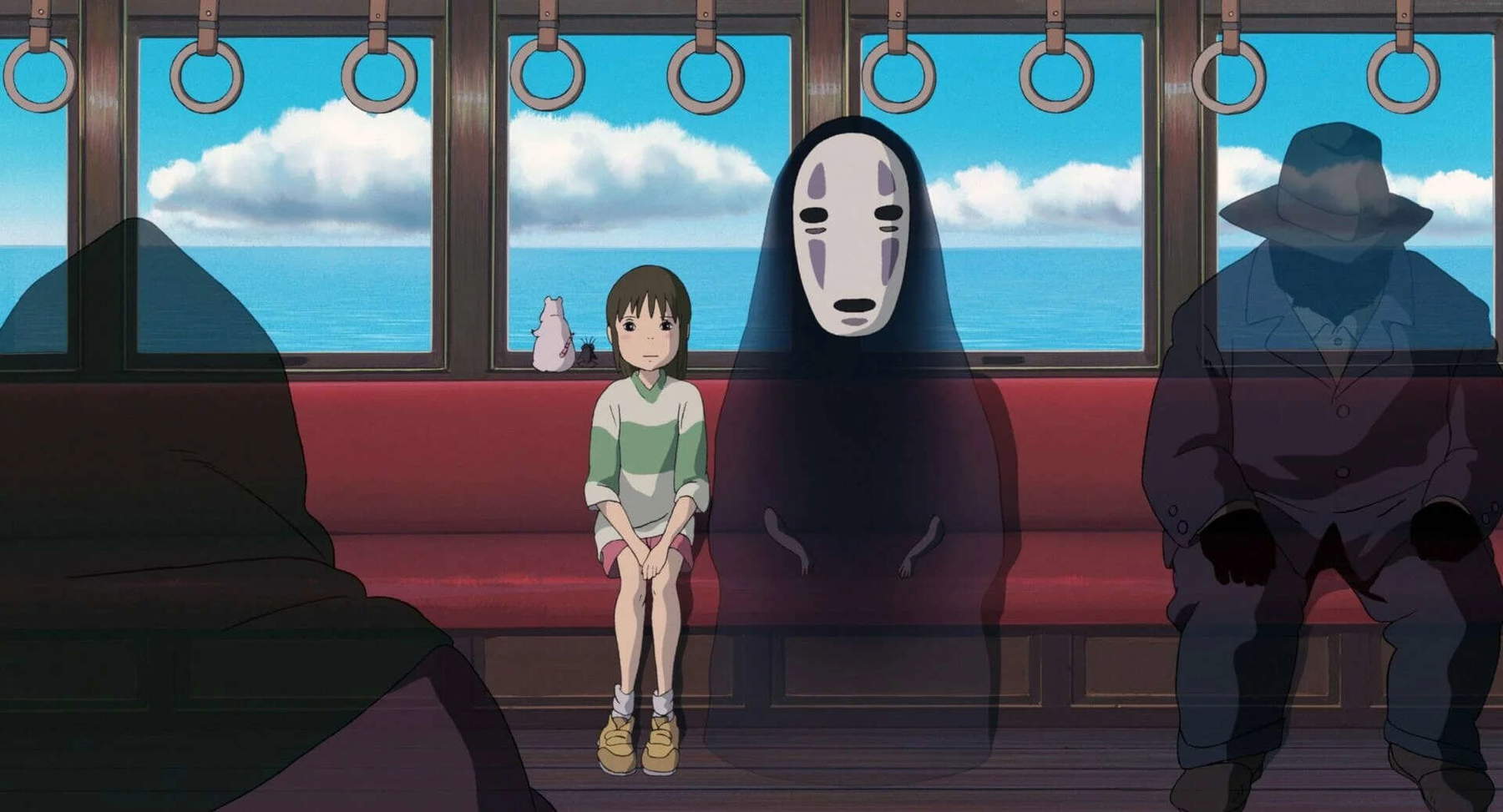It's bitter Miyazaki for ChatGPT: Are Studio Ghibli-style fake images infringing copyright?
Comments that Hayao Miyazaki, the great Japanese animation director, uttered in 2016 to comment on whether a machine could produce works of art are making a comeback these hours. “I am deeply disgusted,” Miyazaki said. “I would never want to incorporate this technology into my work. I feel it is an insult to life itself.” The fact is that the latest version of GPT-4o, the most up-to-date model of ChatGPT, has for the past few days allowed users to rework photographs in the style of Studio Ghibli, the animation studio of Miyazaki, creator of such landmark films as Spirited Away, My Neighbor Totoro, Howl’s Wandering Castle and many others. Users loved the latest update, and the images immediately went viral: photographs of politicians, scenes from movies, and personal photos were screened by the program and flooded the Internet, with companies also taking advantage of the opportunity to do marketing. Even Sam Altman, ceo of OpenAI, the company that owns ChatGPT, changed his profile image on X to catch up with this trend. And even the White House used such an image, much criticized, to communicate the arrest and deportation of a foreign national.
However, this tool has also sparked a lively debate. Meanwhile, there is a serious problem related to copyright. Futurism magazine, which specializes in issues involving technology andartificial intelligence, heard from expert Robert Rosenberg, founder of the law firm Telluride Legal Strategies, who says that Studio Ghibli could take legal action against OpenAI over the situation that has arisen. In fact, according to the lawyer, OpenAI may have violated the Lanham Act, a U.S. law governing trademark law. “Ghibli,” Rosenberg explained, “could claim that OpenAI, by converting users’ photos to ’Ghibli style,’ is exploiting the reputation of the Ghibli brands by using its own recognizable style and creating the likelihood of confusion among consumers who think that this feature was approved or licensed by Studio Ghibli.” In addition, OpenAI could be sued for training its models on copyrighted works, namely those of Studio Ghibli. At the moment, however, there is no legal precedent as to whether or not OpenAI has violated U.S. copyright law, because the matter is brand new: in any case, the company is already facing a few lawsuits, one of which was filed by the New York Times, again for copyright infringement (the newspaper in fact claims that OpenAI used its material without any authorization to train artificial intelligence models).

It is not yet known whether Studio Ghibli will actually bring legal action against OpenAI: the fact is that since there is no case law on the matter yet, it is uncertain whether any action against the company would result in a victory. And the Japanese animation studio for the time being has not commented on what happened. However, Rosenberg also said that if the courts, in the ongoing cases, do not rule unanimously in favor of OpenAI, a future could unfold in which artificial intelligence developers will have to compensate copyright holders and give credit whenever their content is used to produce outputs.
OpenAI has spoken on the issue in recent hours: “We continue to prevent generations in the style of individual living artists,” a company spokesperson told AFP news agency, “but we do allow broader studio styles that people have used to generate and share some really delightful and inspired original fan creations. We are always learning from real-world use and feedback and will continue to refine our policies.”
Then there is the matter of opportunity: the network in the past few days has been flooded with content that, in some ways, is bound to stay. Thus, the line between reality and fiction will become more blurred, in the sense that, alongside images actually produced by Studio Ghibli, it will be possible to find fakes produced by artificial intelligence on the net, and someone might take them at face value. A form of visual pollution, then, that is likely to confuse many net users. And then, there is the issue of energy resources being spent to meet the enormous user demand. A ChatGPT prompt consumes a lot of energy because the calculations that the machines perform to respond to user requests are very fast and very complex. In addition, the GPT-4o model consumes twelve times more energy than the previous model. The environmental sustainability of this amount of data is therefore a relevant issue.
In any case, for at least a couple of days now, it is no longer possible to create Studio Ghibli-style images, even by circumventing the block. If you try to send the system a prompt to ask for such an operation, you get a message in response that says, “I am unable to process this request as it violates our content policies. Feel free to send a new prompt and I will be happy to help you.” Evidently someone at OpenAI has seriously addressed the issue of image copyright . In addition, Sam Altman, in a post on X published as early as March 27, had said that “it’s super fun to see that people love ChatGPT images,” but that processors “are melting down,” just because of the high demand, consequently the company is “temporarily introducing some limits while we work to be more efficient.”
 |
| It's bitter Miyazaki for ChatGPT: Are Studio Ghibli-style fake images infringing copyright? |
Warning: the translation into English of the original Italian article was created using automatic tools. We undertake to review all articles, but we do not guarantee the total absence of inaccuracies in the translation due to the program. You can find the original by clicking on the ITA button. If you find any mistake,please contact us.




























